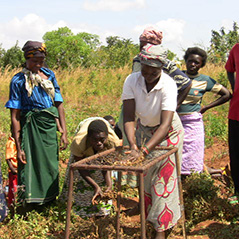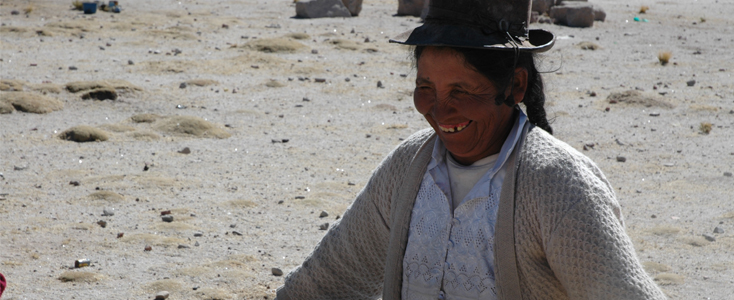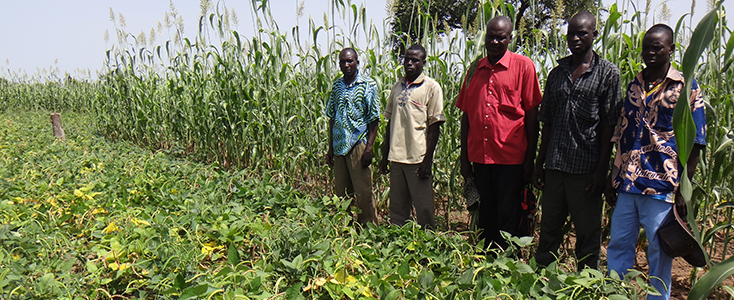Compatible Technology International (CTI) creates practical tools to help impoverished communities in developing countries overcome critical food and water challenges. They engineer technologies for small farmers in rural communities — a group that comprises approximately 75% of the global poor. CTI empowers these farmers, many of whom are women, with affordable tools that improve their water quality, food production, and income.
CTI receives project funding through McKnight’s Collaborative Crop Research Program (CCRP) to help farming communities improve the efficiency and value of groundnut production and child nutrition in Malawi and Tanzania. This initiative aligns with McKnight’s goal of exploring solutions for sustainable, local food systems by funding collaborative research between smallholder farmers, leading local researchers, and development practitioners.
CTI empowers these farmers, many of whom are women, with affordable tools that improve their water quality, food production, and income.
 CTI worked in partnership with Tanzania’s Sokoine University of Agriculture and International Crops Research Institute for Semi-Acrid Tropics to improve groundnut production. The team met with farmers in Malawi and Tanzania to identify the production processes that needed improvement. They discovered that lifting, stripping, and shelling were priorities. CTI started by focusing on the stripping process and assembled a research team to investigate existing technology that could streamline the procedure. CTI found three potential designs and brought them to Malawi to test. In addition to gathering statistical data on equipment performance, CTI sought feedback from the same farmers it had previously interviewed.
CTI worked in partnership with Tanzania’s Sokoine University of Agriculture and International Crops Research Institute for Semi-Acrid Tropics to improve groundnut production. The team met with farmers in Malawi and Tanzania to identify the production processes that needed improvement. They discovered that lifting, stripping, and shelling were priorities. CTI started by focusing on the stripping process and assembled a research team to investigate existing technology that could streamline the procedure. CTI found three potential designs and brought them to Malawi to test. In addition to gathering statistical data on equipment performance, CTI sought feedback from the same farmers it had previously interviewed.
CTI’s Vice President of Operations, Bert Rivers, said of the experience, “The farmers were thrilled. We had been promising for the past year as we collected information from them that we were coming back with equipment and we did. We kept our promise.”
CTI and the team continued to work with farmers to evaluate the design, ensuring that development occurred through a true partnership between the organization and the communities it serves.


